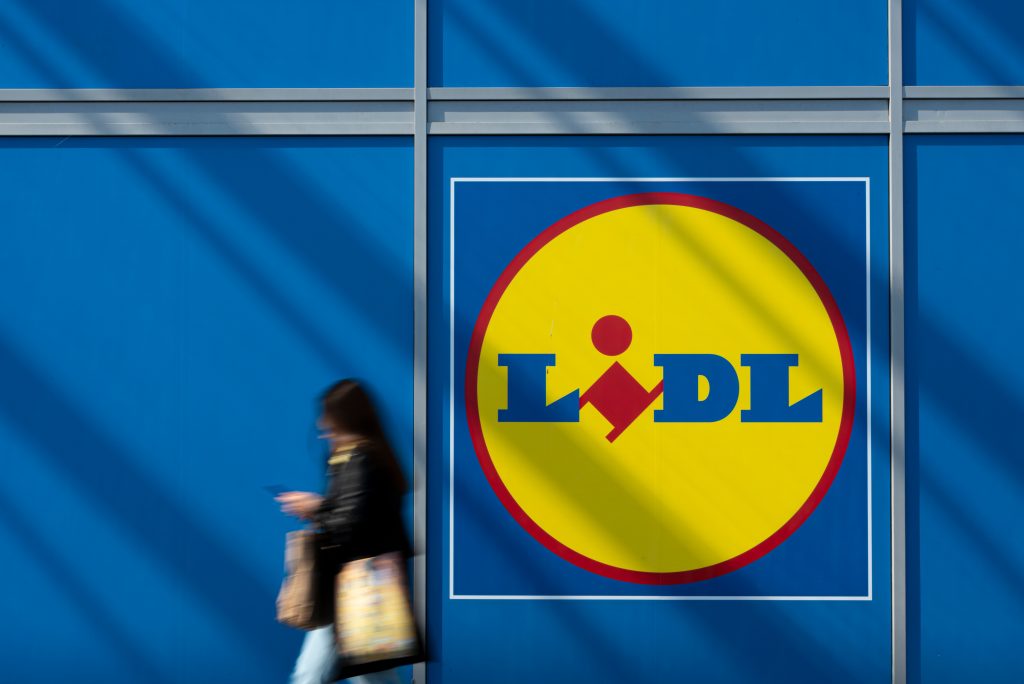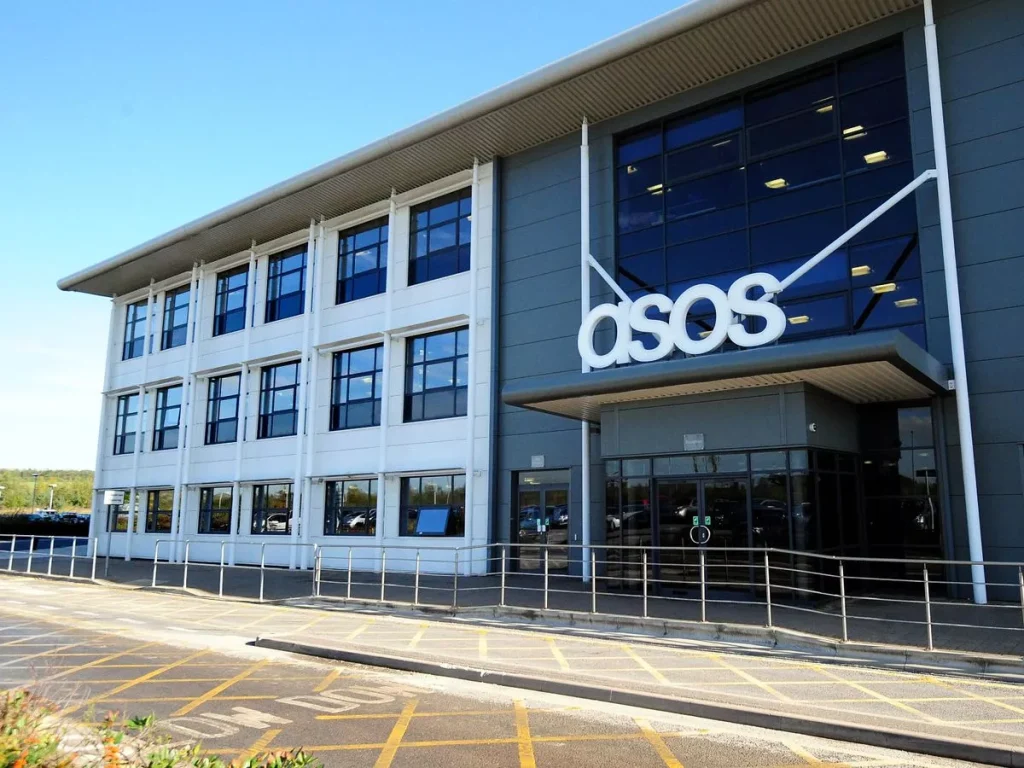The importance of Search
Search has become increasingly important in e-commerce websites. It has become the primary means for customers to find products and is often the first action that a consumers perform when reaching a site. The behaviour of customers prior to purchase is a key part of the way that a website works, as only between 2-5 per cent of visits actually turn into orders. This offers huge potential for sales meaning that search becomes an integral part of the site experience and has a direct impact on profitability.
What is Searchandising?
Searchandising is a portmanteau word combining search and merchandising. The term was created to define the way that search and e-commerce should interact. It is a key marketing feature of many e-commerce sites although the exact definition of searchandising varies across the industry.
Some retailers see any commerce-orientated, search navigation as delivering searchandising. Typically, this means allowing customers to navigate through search results using a set of characteristics of products known as ‘facets‘, such as the brand, colour or size and more recently descriptive ‘tags‘ supplied by customers.
However, more significant benefits are found by optimising search results based upon the other factors. These include filtering capabilities, such as only displaying products that are in-stock. It is also possible to arrange the search results to match a customer‘s profile. This type of searchandising uses analytics to define customer segments and then feeds the information back into search to maximise the number of relevant products displayed.
When done correctly, searchandising allows the merchandisers to group products by the same search terms that customers use to find them. These groups of products can then be priced and promoted independently to appeal to particular customer segments. By implication, this relies on having merchandising tools that work in a similar way to searching from the website.
What about the Merchandising?
It is important to remember that merchandisers are responsible for the arrangement of products for sale on a website. They need the ability to organise their products effectively, whether the customer is browsing for products or using search to find products. The best searchandising tools give the merchandiser good visibility of how their products will appear within customer searches and allow them to adapt quickly to changes in customer behaviour.
How much intelligence should be in the Search Engine?
Given the importance of search to retailers, the obvious conclusion is that we should put more intelligence into search. However, there is a major downside to this approach. The more optimisation that happens to the search results, the slower they are to appear on the page. While carefully building the search index to get best results is a good idea, lots of ‘post-processing‘ of those results can degrade performance.
Customers are becoming increasingly impatient and will leave slow sites in favour of competitors. Studies by Amazon have shown that slowing pages by a little as 100ms leads to reduced profitability. To compound this is evidence that internet search engines, such as Google are giving better page rankings to faster sites . In other words, performance affects both the number of visitors to the site and the likelihood that they will stay there.
Finding the right Search Engine
There are several search providers engaged in the e-commerce arena. These are mainly enterprise search engines with a few commerce specialists. Enterprise search solutions include large companies such as Endeca, FAST and Autonomy. The problem with enterprise search is that it offers features that are not applicable to the retail domain. E-commerce search is about























